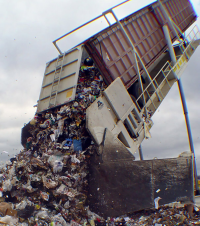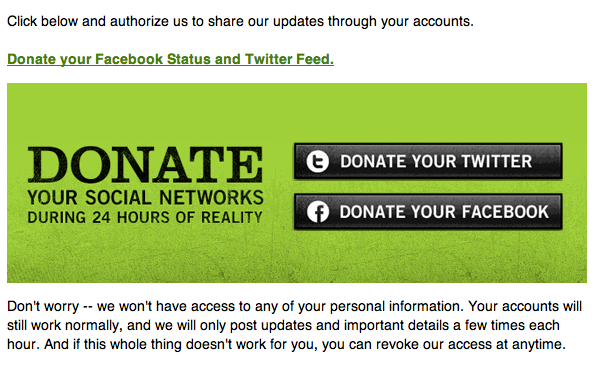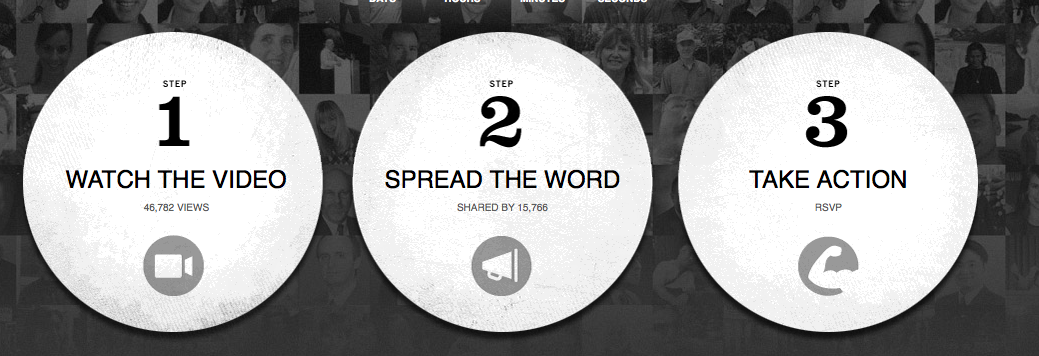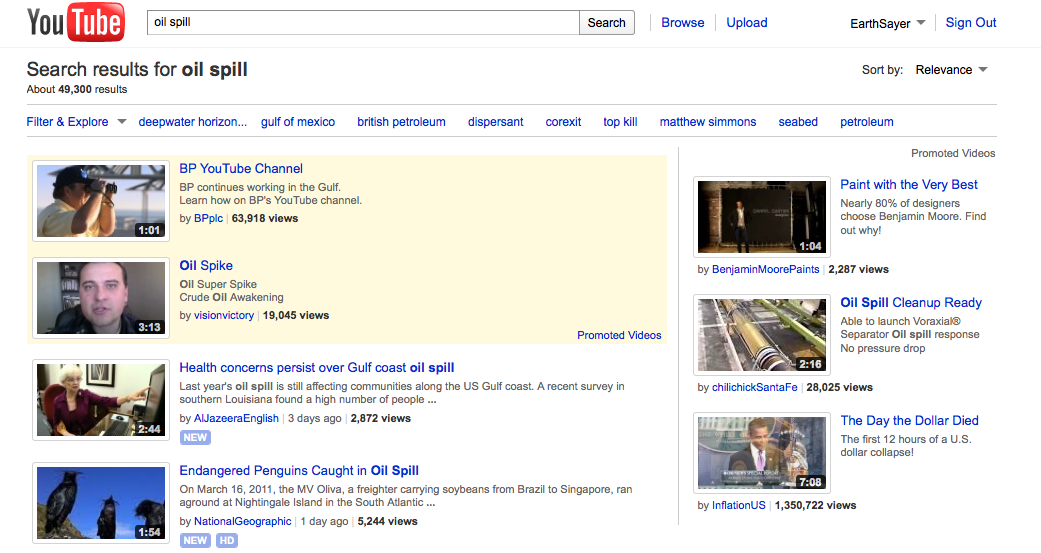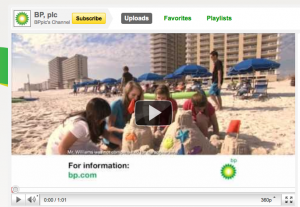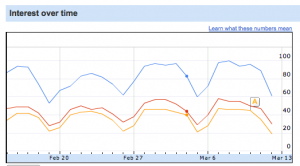What brings home the catastrophe of Typhoon Haiyan are two speeches I recently added to EarthSayerstv especially in the context of the urgency of addressing climate change and what we citizens need to see happen as suggested by Jeffrey Sachs in today’s Financial Times. Home IF we take the time to listen to our EarthSayers Mary Robinson and Jeffrey Sachs.
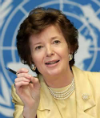 First, Mary Robinson addressed climate justice in a speech to participants at the BSR (Business Social Responsibility) conference, November 5-8 in San Francisco. She talks about climate justice and the fact that the people least responsible for it are the most impacted as is the case in the Philippines. She reminds us of the importance today of Martin Luther King’s phrase, “the fierce urgency of now.” Mary Robinson served as the seventh, and first female, President of Ireland from 1990 to 1997, and the United Nations High Commissioner for Human Rights, from 1997 to 2002. She heads up the Mary Robinson Foundation on Climate Justice.
First, Mary Robinson addressed climate justice in a speech to participants at the BSR (Business Social Responsibility) conference, November 5-8 in San Francisco. She talks about climate justice and the fact that the people least responsible for it are the most impacted as is the case in the Philippines. She reminds us of the importance today of Martin Luther King’s phrase, “the fierce urgency of now.” Mary Robinson served as the seventh, and first female, President of Ireland from 1990 to 1997, and the United Nations High Commissioner for Human Rights, from 1997 to 2002. She heads up the Mary Robinson Foundation on Climate Justice.
 Secondly, Jeffrey Sachs presents the key note presentation on sustainability, most particularly sustainable development (environmental and economic) for the first Global Grand Challenges Summit 2013 in London. The lecture is on how sustainable development must occur and how countries are not doing enough to meet this in either terms of energy and the economy. Video Published on Mar 30, 2013.
Secondly, Jeffrey Sachs presents the key note presentation on sustainability, most particularly sustainable development (environmental and economic) for the first Global Grand Challenges Summit 2013 in London. The lecture is on how sustainable development must occur and how countries are not doing enough to meet this in either terms of energy and the economy. Video Published on Mar 30, 2013.
What you and I need to see happen:
In an October 15th 2013 article in the Financial Times in response to the climate catastrophe of Typhoon Haiyan, Jeffrey Sachs notes “People need to see credible energy plans, pathways for each country and region to a prosperous low-carbon future. Such pathways can be found, but aside from excellent work in a handful of places, such as the UK, Denmark and California, such long-term planning has not been done… The basic elements of a pathway include four key pillars: more electricity from low-carbon technologies rather than coal; replacing fossil fuels with electricity as the fuel source for sectors such as cars and household heating; greater energy efficiency in industry and the home; and the end of deforestation (which emits carbon).
Jeffrey D. Sachs is a world-renowned professor of economics, leader in sustainable development, senior UN advisor, bestselling author, and syndicated columnist.
Ruth Ann Barrett, Sustainability Advocate, November 15, 2013, Portland, Oregon.


